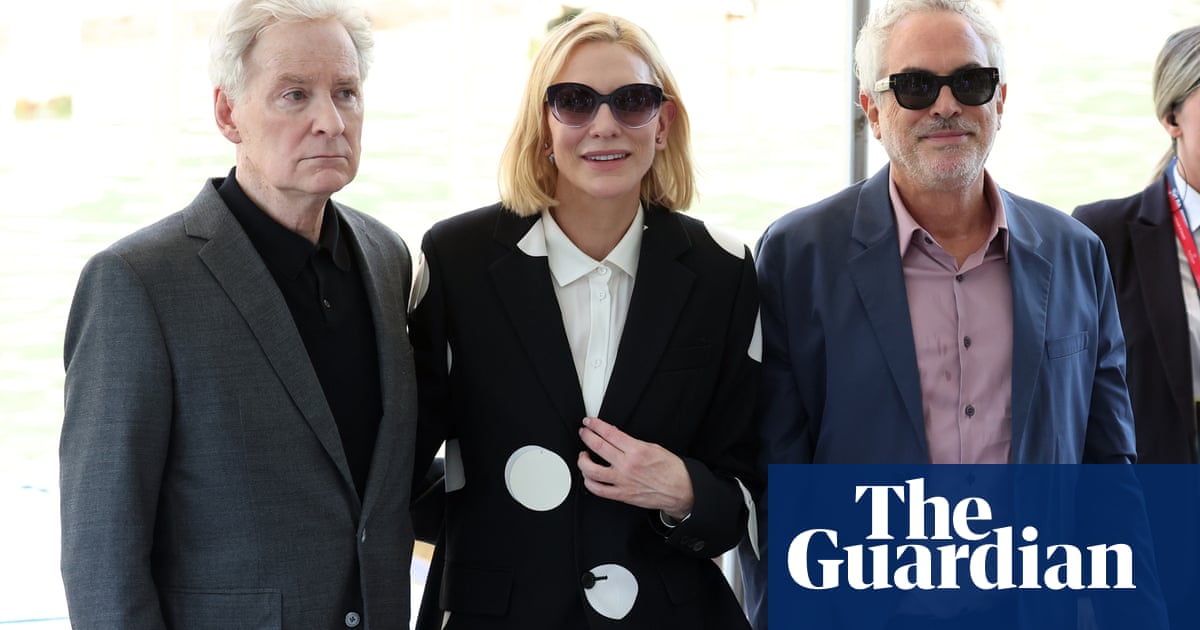Luxury handbag designer smuggled bags made out of protected python and caiman into U.S.

A Colombian handbag designer was sentenced to 18 months in prison after federal prosecutors said she smuggled handbags made from caiman and python skin — two protected species — into New York.
Nancy Teresa Gonzalez de Barberi, founder of luxury handbag company Gzuniga Ltd., was charged in April 2022 with conspiracy and two counts of smuggling into the United States for illegally importing the bags from February 2016 to April 2019 .
Gonzalez and his company pleaded guilty to federal charges in November 2023.
The Justice Department said in a news release that Gonzalez made bags from caiman and python skin, both of which are protected by the Convention on International Trade in Endangered Species of Wild Fauna and Flora, a international agreement to protect wildlife signed by the United States. and Colombia.
Under the Endangered Species Act, trade in these species is not completely prohibited, but requires a permit from the host country that must be authorized by U.S. authorities upon importation.
Gonzalez, his company and co-conspirators Mauricio Giraldo and John Camilo Aguilar Jaramillo were accused of importing hundreds of designer handbags, purses and totes into the United States by “inviting friends, “parents and even employees of Gonzalez’s manufacturing company in Colombia carried the designer handbags or put them in their luggage while traveling on passenger airlines,” prosecutors said.
Once in the United States, the bags were then delivered or shipped to the Gzuniga showroom in New York “for display or sale,” they added.
Gonzalez, Giraldo and Aguilar Jaramillo are all Colombian citizens extradited to the United States on the same charges.
Gonzalez was sentenced Monday to prison with credit for time served, three years of supervised release and payment of special assessment.
Her company was ordered to confiscate all of its handbags, banned for three years from any activity involving the wildlife trade, and sentenced to three years of probation.
Also Monday, Giraldo was sentenced to prison, one year of supervised release and ordered to pay special assessment.
The other accomplice, Aguilar Jaramillo, is scheduled to be sentenced on June 27.
NBC News has contacted Giraldo’s lawyers for comment.
Sam Rabin, Gonzalez’s lawyer, said Tuesday that she was a “victim of selective prosecution.”
“While most major handbag designers rush to submit samples at fashion shows, sometimes without the proper documentation, she alone was singled out for prosecution by the Justice Department,” Rabin said. “She employed hundreds of minority women who helped her produce the handbags that she alone designed.”
He said the judge recognized that his case “should have been handled administratively rather than through arrest and prosecution,” which is why his sentence amounts to one month in prison due to time spent in Colombia in awaiting extradition.
“She will not appeal her conviction. She wants to put this unhappy chapter behind her and move on with her life,” Rabin said.
“This investigation revealed a multi-year scheme involving paid couriers smuggling undeclared handbags made from CITES-protected reptile skins into the United States and selling them for thousands of dollars,” said Edward Grace , deputy director of the Bureau of Surveillance of the United States Fish and Wildlife Service. Law enforcement said in a statement.
“The Service will continue to seek justice for protected species exploited for profit, and we will hold accountable those who seek to circumvent international controls intended to regulate their sustainable trade,” he added.
The case was investigated by the United States Fish and Wildlife Service (USFWS) Office of Law Enforcement in Valley Stream, New York, with the help from the Miami Resident Agent in charge of the USFWS office. The case was prosecuted by the U.S. Attorney’s Office for the Southern District of Florida and the Justice Department’s Environmental Crimes Section.
Gn entert
News Source : www.nbcnews.com





